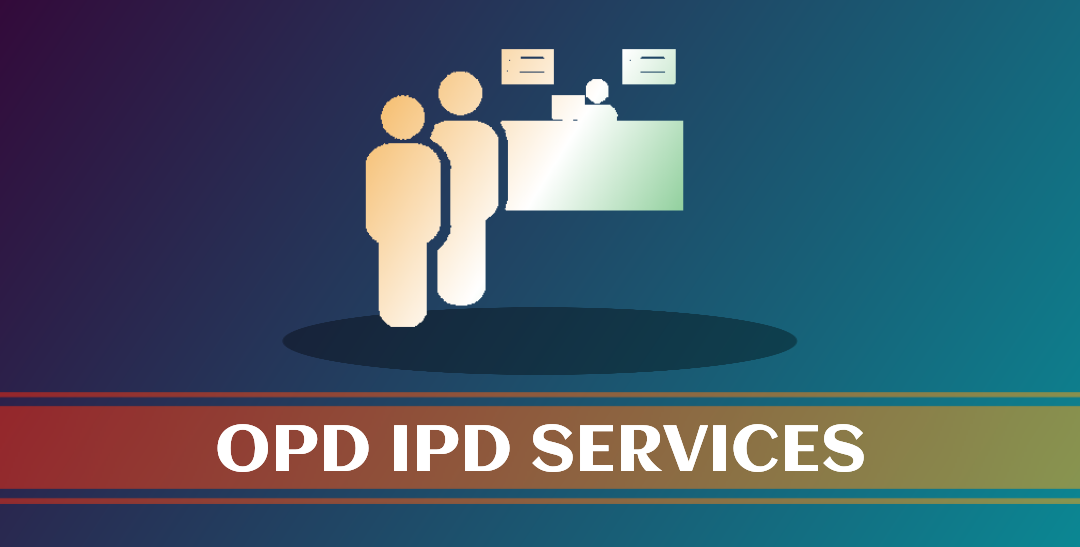
Oct 23, 2024


Empowering Indian clinics and hospitals with smart, scalable, and patient-centric EHR solutions in 2025.
Read more
Explore how E-Clinical EMR systems revolutionize healthcare with AI-driven automation, secure data management, and seamless telemedicine integration. Learn why Doctors App is the best choice.
Read more
Explore the Best OPD & IPD Software Designed for Neurology Clinics – Streamline Consultations, Admissions, Billing, and More with Ease
Read more